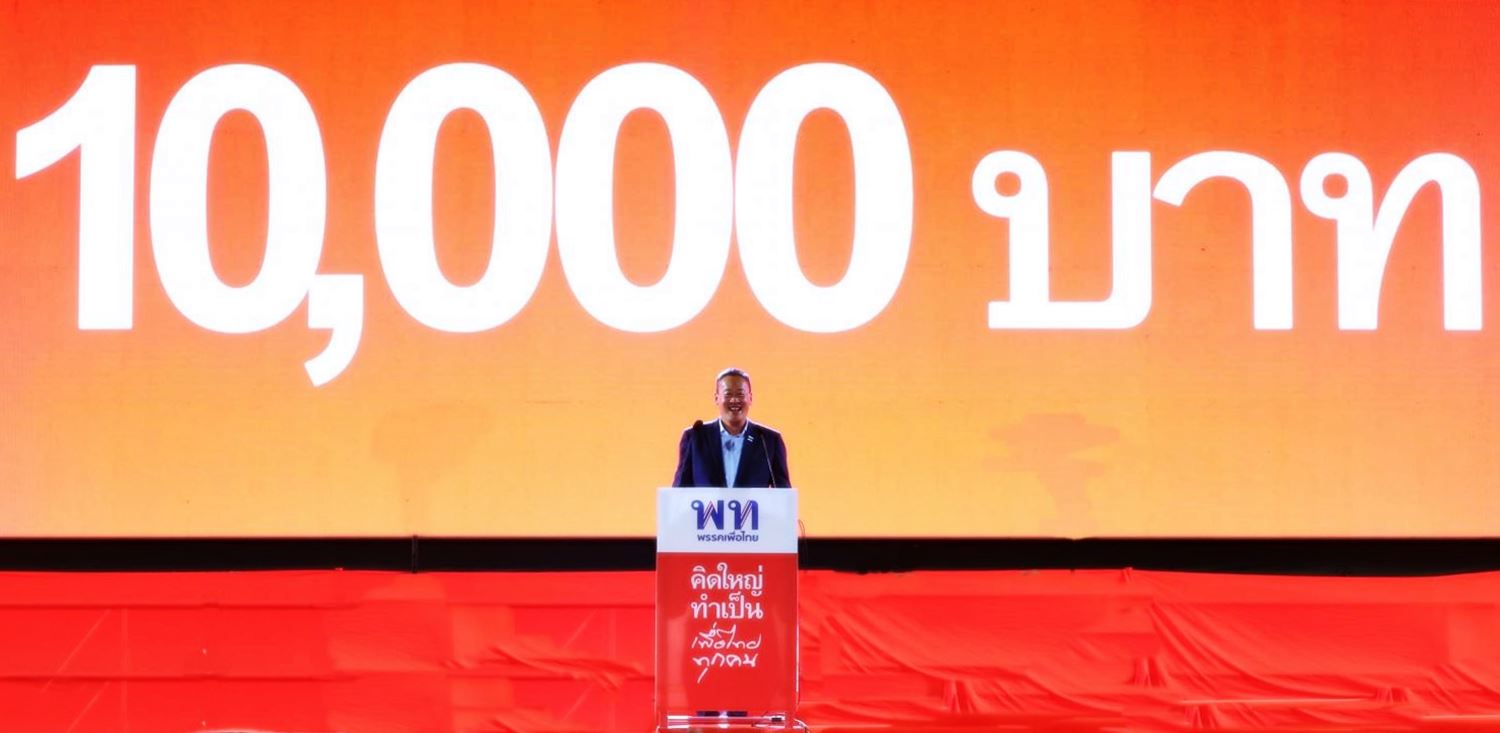After months of street protests in 2013 and 2014, the country’s government was overthrown in a bloodless military coup in May 2014.
This has had a negative impact on investor sentiment and foreign diplomacy, although the military government, led by Prime Minister Prayuth Chanocha, has since moved to appoint an interim government and legislature, enacting a host of sweeping reforms already under way under the previous administration, and moving to improve growth and investor sentiment through a number of stimulus packages, rising spending and infrastructure investment.
Cautious Optimism
Although it fell three places in the World Bank’s “Doing Business 2016” survey, Thailand retained its position within the world’s top 50 economies in terms of ease of doing business, ranking 49th of 189 countries.
It rose by eight spots in the “dealing with construction permits” category to 39th place globally, and remained in 11th place in the “getting electricity” category, although it fell by five spots in the “starting a business” category, to 96th place, and by seven spots in the “getting credit” category, to 97th place.
Indeed, Thailand continues to welcome investment from all countries, and has seen trade with many of its key partners expand significantly over the previous decades, with trade expected to expand further over the longer term on the back of investment policy reforms, ASEAN integration and potential membership in TPP and RCEP.
Foreign Direct Investment remains strong
Thailand’s economic development has been significantly aided by FDI, and the country is an important ASEAN destination for new investment, benefiting from an array of attractive incentives on offers, accommodative government policies, and a well-diversified economy, which boasts upper middle-income status as of 2011.
According to the United Nations Conference on Trade and Development (UNCTAD), Thailand has been among eight priority destinations for foreign investment since 2012.
UNCTAD reports that FDI inflows rose by 52.8% between 2012 and 2013 to hit $14.01bn, while the country’s total FDI stock rose by 3.3% and 11.8% in 2013 and 2014, respectively, to reach $199.31bn.
In 2013, 30.6% of FDI inflows went to the metallurgy and machinery sector, followed by electronics (25.3%), services (18.9%), and paper and chemical goods (15%).
In 2014 Thailand was the seventh-largest FDI recipient in East and Southeast Asia, with the government reporting that in the same year, FDI in the country rose by 95% to hit a record BT1.02trn ($30.7bn).
However, much of this growth can be attributed to the BOI’s changes to the Investment Promotion Law of 1977, which codifies investment incentives.International TradeThailand has seen international trade surge in recent years, both within the ASEAN region and with China, the US and India.
Bank of Thailand (BOT) data shows export revenues rose by 93.2% between 2005 and 2015 to reach $214.38bn, peaking at $229.11bn in 2012, before moderating to $228.5bn in 2013, $227.52 in 2014, and $214.38 in 2015, largely as a result of falling commodities prices.Imports rose by 71.4% over the same 10-year period, peaking at $250.41bn in 2013 and ending 2015 at $202.65bn.
The 19.1% decline in total imports between 2013 and 2015 can be attributed to falling global oil prices, as fuel imports comprised BT1.59trn ($47.86bn), or 19.5% of total imports, in 2013.
As a result of falling oil prices, the country ended 2015 with an $11.72bn trade surplus, its first in five years.Manufacturing exports stood at $190.42bn, or 88.8% of total exports, while the BOT reports that export receipts for agriculture, of which rice and rubber comprise 60.2%, totalled $16.06bn in 2015.
Thailand’s top five exports by value in 2015 were electronics ($32.08bn), agro-manufacturing products ($25.61bn), machinery and equipment ($19.25bn), food ($14.88bn) and electrical appliances ($12.05bn).
In 2015 export revenues in these five categories reached $119.96bn, or 56% of total revenues.
Main Trading Partners
The US, China, Japan, Hong Kong and Malaysia were Thailand’s top five export markets in 2015, as the US edged ahead of China for the first time to become its largest trading partner by exports. Exports to the US hit $24.06bn in 2015, with $23.74bn going to China, $20.08bn to Japan, $11.83bn to Hong Kong and $10.19bn to Malaysia, according to BOT data.
The EU is another major trading partner, with Thai exports to the EU rising by 45.3% between 2005 and 2015 to hit $21.97bn, despite contracting by 6% in 2015. Although trade with India remains comparatively low, it has also surged in recent years: imports rose by 105.5% between 2005 and 2015, while Thailand’s exports to India jumped by nearly 250%, from $1.53bn to $5.3bn.
China & JapanWith $64.81bn in total bilateral trade in 2015, China remains Thailand’s dominant trade partner and leading import market. Thailand imported $41.1bn of Chinese goods in 2015, according to BOT data, compared to $13.86bn in imports from the US. Japan, Thailand’s third-largest expor
About the author
With some of the industry’s most experienced analysts conducting on-the-ground research throughout the year, OBG provides its global readership with the business intelligence they need to stay ahead.









